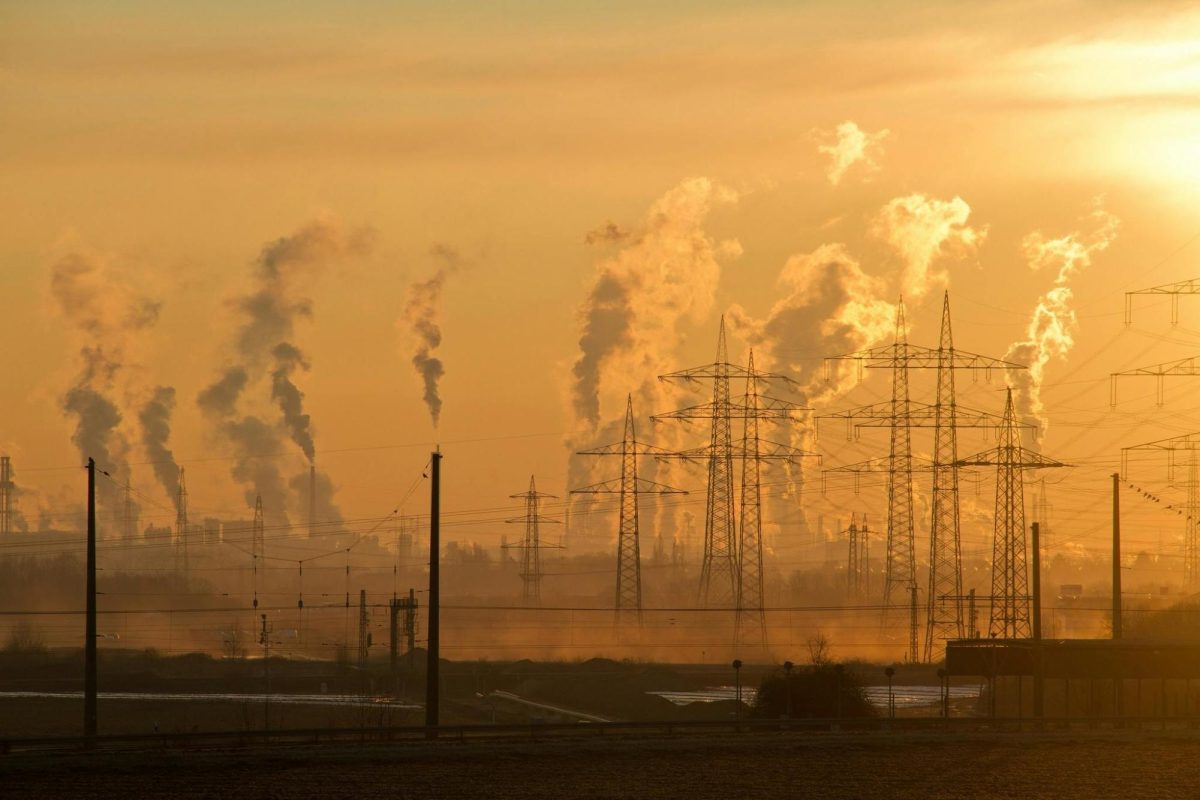As the global health emergency of Climate Change unfolds, the issue is causing unbearable temperatures of heat, poverty and displacement, decrease in the number of certain species, loss of biodiversity and the essential necessities and resources of life. Climate change describes the extreme modification of temperatures and diverse weather patterns. The issue has only ever become worse because of human activities. Climate change has become even more serious and it’s crucial that we must do something about it. Not only has climate change affected the environment such as air pollution and wildfires, but it has also affected the human body. In creating health issues such as Noncommunicable diseases and chronic respiratory diseases. According to Climate Change and Noncommunicable Diseases: Connections “Noncommunicable diseases kill 41 million people each year, that is the equivalent to 74% of all deaths globally. Additionally, 3 other groups of diseases are responsible for over 80% of all premature Noncommunicable disease deaths.” Because climate change is such an urgent issue that should be attended to as soon as possible, it should receive more attention and should even be discussed in everyday conversations and should go much more far past just the news. Our world is changing as we speak, the detrimental effects of climate change are inevitable and we could be facing the possibility of our future changing. The main causes of climate change are generating power, transportation, manufacturing goods, producing food, cutting down forests, and powering buildings. All of which reiterate how humans are the main cause of this global health emergency. Multiple solutions and problems of climate change are knowledgeable to humans. Research perpetuates the solutions and problems of climate change with the purpose of informing us on the issue. Climate change has also affected groups of women, children, ethnic minorities, poor communities, migrants or displaced persons, older populations, and those with underlying health conditions. These groups are very vulnerable to the situation. We must fight against this spreading issue of climate change for some benefits such as improvements in public health, adaptive capacity populations, and an overall benefit to the environment and temperatures. If climate change continues, there will soon be “irreversible effects” by 2030. Some major climate change activist groups such as COP28, WHO, The Alliance for Transformative Action on Climate and Health, The Adaptive Action Coalition, and more have been striving towards building resilience to the impacts of climate change. Some ways you can help are to cut back on excessive transportation, respect and protect the environment, reduce your energy use, and make your voice heard on the global health emergency of climate change.
Sources: Climate Change Impacts
What is Climate Change?






















